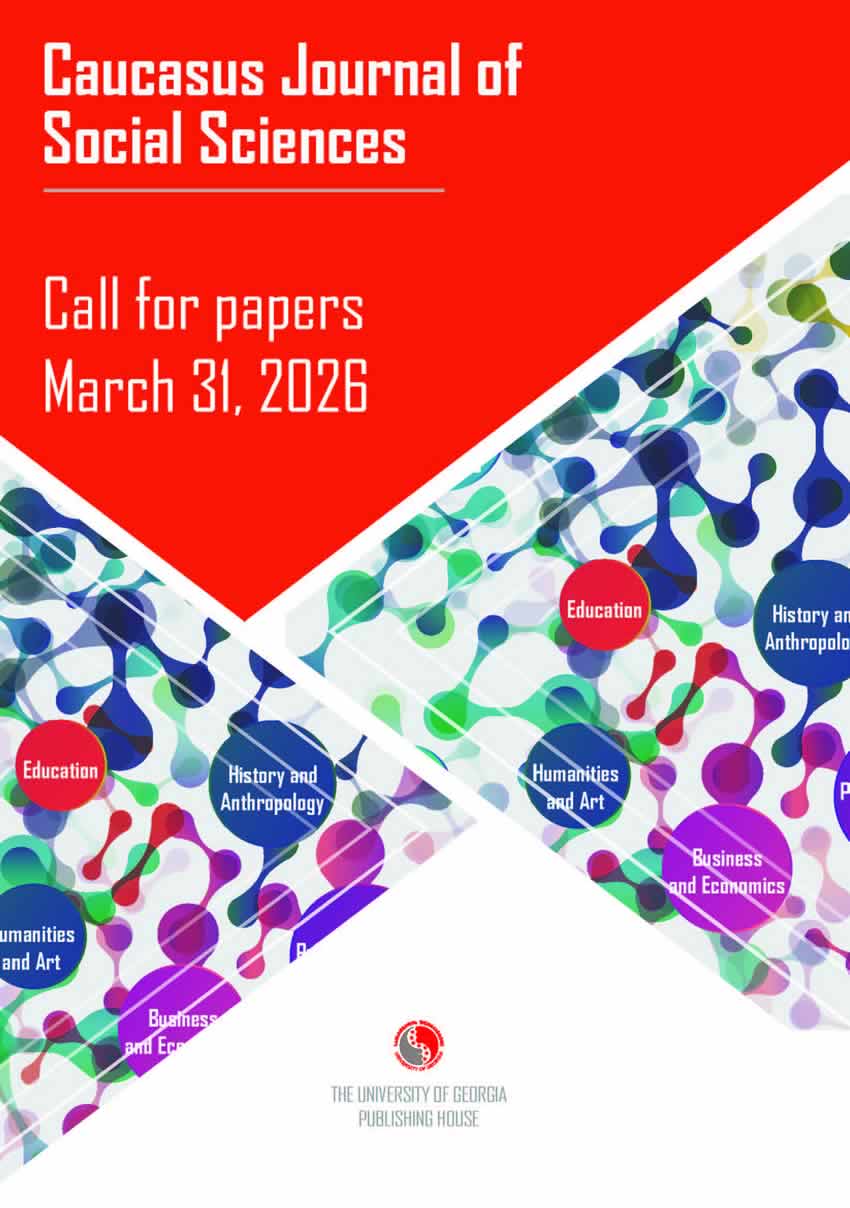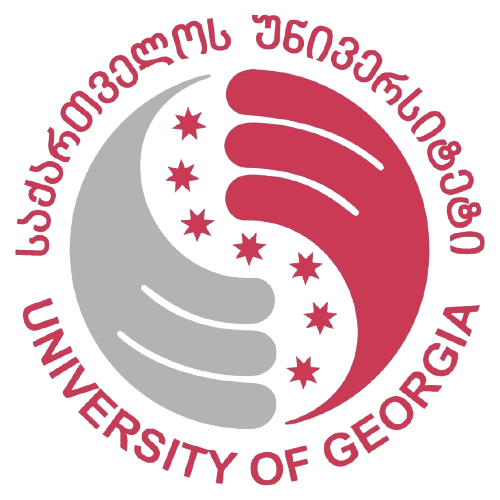External Threats and Authoritarian Backlashes: A Retrospective on Internal Conflicts in Georgian Society After the August War
DOI:
https://doi.org/10.62343/cjss.2009.24Keywords:
Political Conflict, External Threats, Opposition Groups, Georgian Elites, Color Revolution, Democratization, Territorial Integrity ,National IdentityAbstract
In the years since the November 2003 Rose Revolution, popularly elected
leaders in the Republic of Georgia have responded to organized protests
with repressive tactics. These reactions suggest that former challengers to
authoritarian elites may utilize similar methods of retaining power during
crisis periods. Yet, the alleged involvement of agencies of the Russian
Federation in fomenting domestic instability has also figured prominently
in the policies of the Saakashvilli government. These conditions culminated
disastrously in the Russian invasion of August 2008. The present
study suggests a theoretical model for analyzing international influences
on state-society relations in Georgia since 2003. The model provides a tool
for examining the role of external threats in the relationship between the
activities and strategies of opposition groups and the national security
perceptions and practices of Georgian political elites.
Downloads
Published
How to Cite
Issue
Section
License
Copyright (c) 2023 Jason E. Strakes

This work is licensed under a Creative Commons Attribution 4.0 International License.
In case an article is accepted for publication it is allowed to combine the article with other research, to conduct new research on the article, or to make different arrangements on condition that the same license is used including commercial purposes.
As an author of an article published in the Caucasus Journal of Social Sciences, you retain the copyright of your article and you are free to reproduce and disseminate your work.











